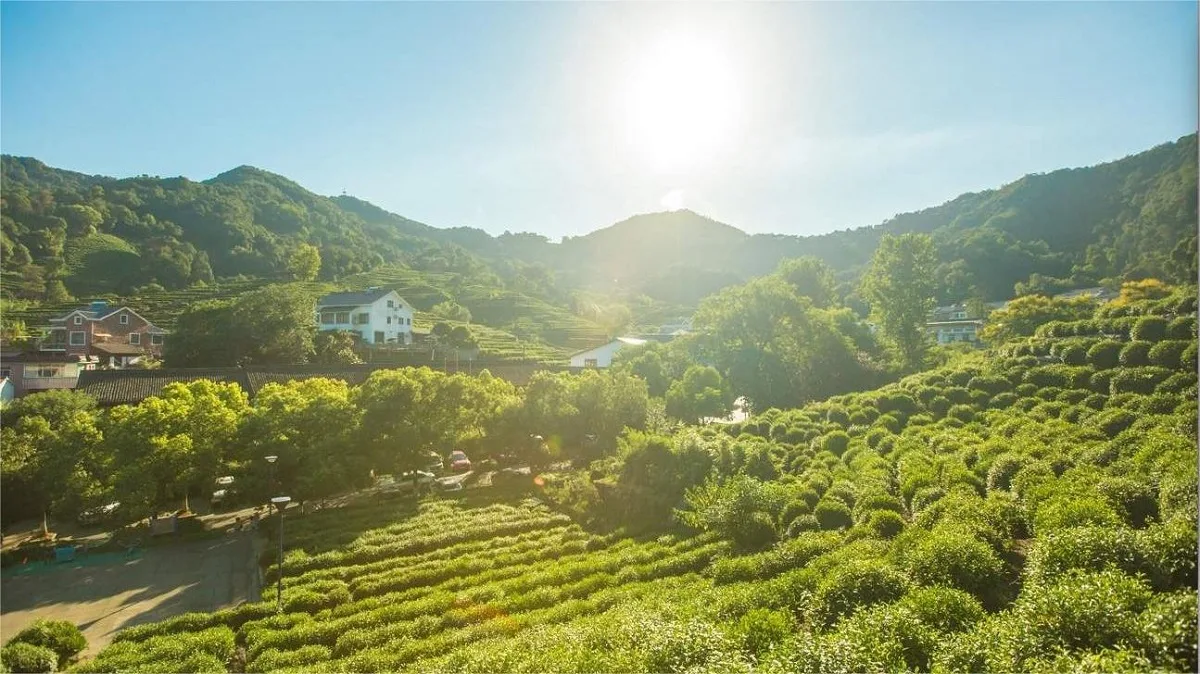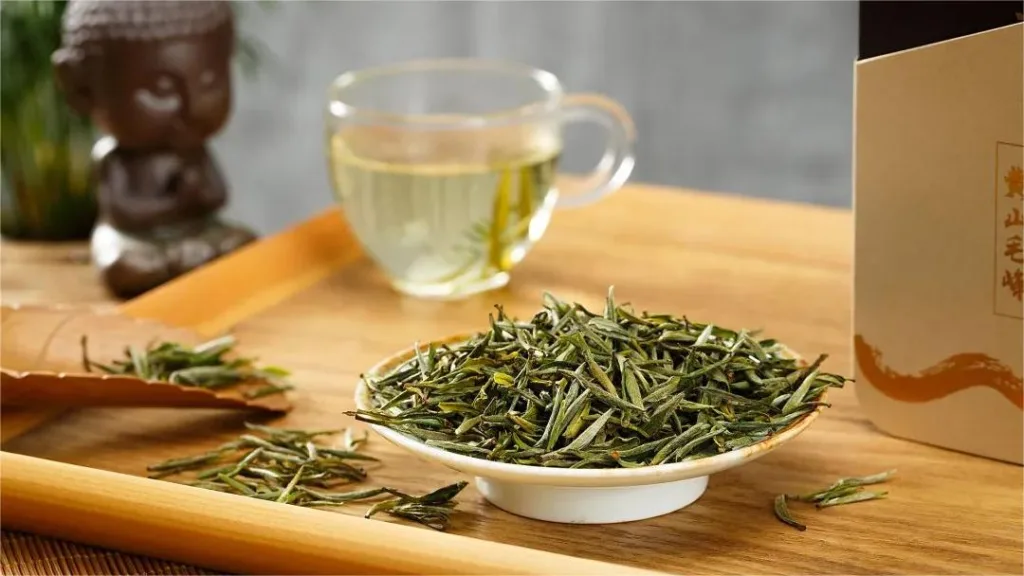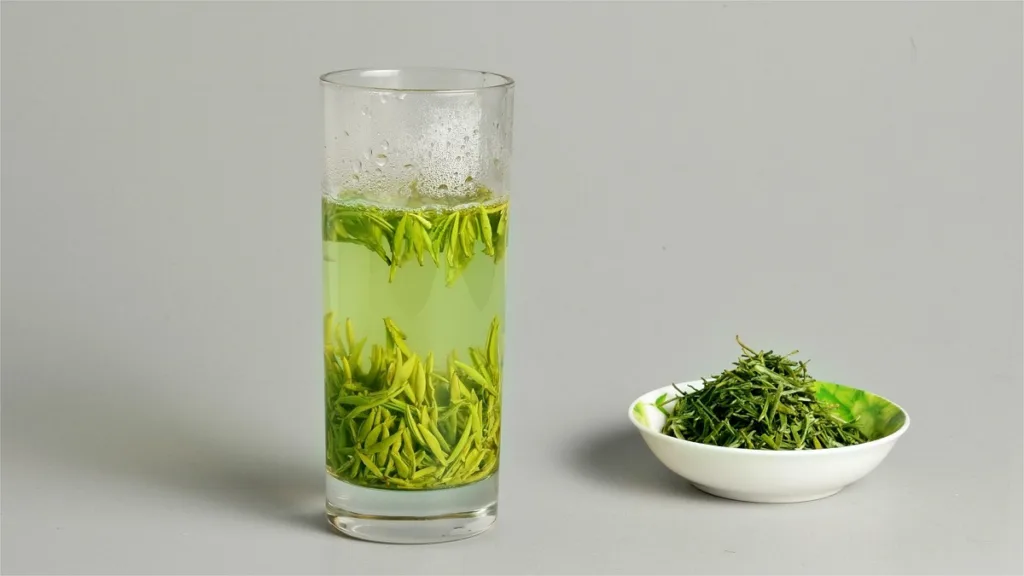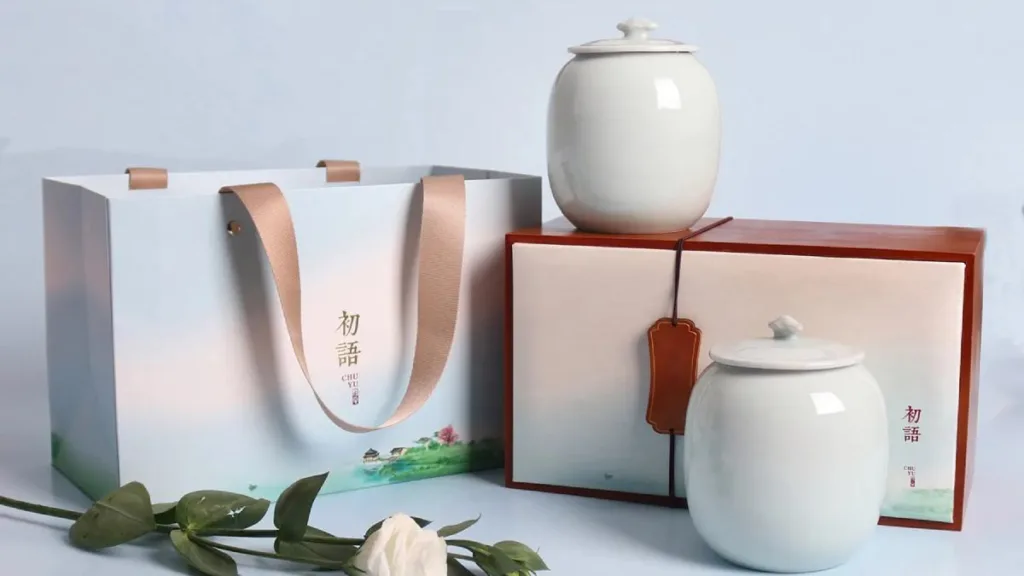Longjing Village, also known as Longjing Tea Village or Dragon Well Tea Village, is a picturesque haven nestled in the southwestern region of the West Lake Scenic Area in Hangzhou, China. Surrounded by lush green mountains on all sides, this village has a unique topography with a natural inclination from north to south. With a permanent population of approximately 800 residents, Longjing Village boasts nearly 800 acres of high-altitude tea gardens.
The northwestern aspect of the village is sheltered by the towering peaks of Beigao Peak, Lion Peak, and Tianzhu Peak, which serve as a natural barrier, shielding the village from the harsh cold winds that might blow in from the northwest. To the south lies the winding Jiuxi Stream, a deep and wide valley that eventually flows into the Qiantang River. During the spring and summer seasons, the southeast winds easily flow into this valley, creating excellent ventilation and air circulation, which provides an ideal geographical setting for the cultivation of Longjing tea.
Legend has it that when Emperor Qianlong of the Qing Dynasty visited the southern region of China, he made a stop in Longjing Village, specifically at the Hu Gong Temple located at the foot of Lion Peak. It was here that he had the opportunity to savor the famous West Lake Longjing tea. The emperor was so impressed by the tea’s exquisite flavor and quality that he granted the temple’s front courtyard eighteen tea bushes the distinguished title of “Imperial Tea.”
According to local folklore, in ancient times, Longjing Village was blessed with a natural spring that gushed forth continuously, providing crystal-clear and fragrant water, resembling a gift from a dragon. Villagers carved a stone dragon head at the spring’s source to allow the water to flow continuously from its mouth, never ceasing. It is said that a feng shui master passing through the area discovered this remarkable spring and was intrigued by its mystical properties. He advised the villagers to build a well to store and utilize the water for drinking. The community followed this advice, constructing a well at the site, which came to be known as the “Dragon Well.” Hence, the name “Longjing Village” can be traced back to the concept of having both a dragon and a well, signifying the dragon gifting the well.
Today, the Dragon Well is approximately 2 meters in diameter. The spring water flows through various points, such as the Yinqiao Bridge and Huangniling, before coursing through Maojiabu and eventually entering the West Lake. What makes the water of Dragon Well particularly intriguing is the phenomenon that occurs when it is agitated. A distinct water line appears on the surface, resembling a delicate thread of silk, constantly swaying as if it were a “dragon’s beard.” This mesmerizing sight captivates visitors and adds to the charm of the village.
Longjing Village is not only celebrated for its natural beauty and cultural history but is also renowned as one of the primary regions for the production of Longjing tea, also known as Dragon Well tea. The village’s pristine environment, the unique characteristics of its terroir, and the dedication of local tea growers contribute to the exceptional quality of Longjing tea produced here. Longjing tea is celebrated for its flat, slender leaves and a delicate, slightly sweet taste with vegetal notes. This sought-after tea is divided into various grades, with the highest quality leaves known as “pre-qingming” and being picked early in the spring.
Visiting Longjing Village offers a chance to experience the rich heritage of Longjing tea cultivation and enjoy the breathtaking landscapes that have inspired countless poets and artists over the centuries. The village’s lush tea plantations, serene water features, and the ever-present fragrance of tea leaves in the air create a tranquil and enchanting atmosphere that leaves a lasting impression on all who visit this historic tea haven.



